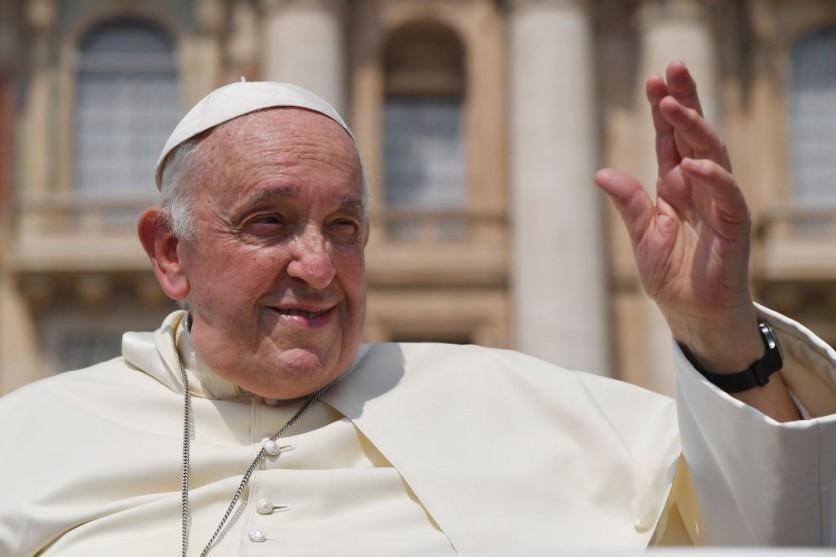The Vatican has delved into artificial intelligence (AI) ethics by releasing an extensive handbook.
The Pope Francis-founded Institute for Technology, Ethics, and Culture (ITEC) and the Markkula Center at Santa Clara University published recommendations to address the issues of ethics in the information technology industry.

The Vatican has examined artificial intelligence and machine learning's ethical concerns. The measure produced "Ethics in the Age of Disruptive Technologies: An Operational Roadmap," according to the Longview News Journal.
The initiative's inspiration was laid forth by Father Brendan McGuire, a priest of St. Simon Parish in Los Altos and an adviser to ITEC. He emphasized that while the Pope views technology as a beneficial factor, it is vital to confront essential issues as it develops. Silicon Valley technology CEOs have been consulting the Vatican for advice to better prepare for the future.
Platforms like Google's Bard and OpenAI's ChatGPT are excellent examples of how these technologies have developed significantly in recent years.
What Does The Book Say?
The book strongly emphasizes the need to embed moral ideals and ethical standards into technology from its inception, as well as into the businesses that produce it, Gizmodo reported. The ethical guide promotes a proactive strategy rather than band-aid solutions to solve ethical issues. The main rule given to companies is to ensure that their activities serve the common good of people and the environment.
This concept is broken down into seven principles in the guidebook for practical advice, including "Respect for Human Dignity and Rights" and "Promote Transparency and Explainability." These recommendations are further divided into 46 precise actions that may be followed along with explanations, illustrations, and helpful tips.
For instance, the "Respect for Human Dignity and Rights" value emphasizes secrecy and privacy. The guidebook advises committing to minimum data collecting and secure data storage to safeguard privacy and confidentiality.
The book also advocates placing user obligations over regulatory requirements while considering special precautions for financial and medical data.
Responsible Behavior is The Key
Social media sites, notably Twitter, saw a dramatic increase in March in the number of AI-generated fake photographs featuring Pope Francis in absurd or sacrilegious situations.
The Pope, consequently, spoke about artificial intelligence at a meeting as a solution to this problem, expressing his support for the technology, but with a caveat, according to Euronews.
Pope Francis reiterated his conviction in the good contributions that artificial intelligence and machine learning may make to the future of humanity, saying it would be foolish to ignore these developments. The pontiff highlighted, however, that this potential can only be attained if individuals working on developing these technologies keep a firm and unshakable commitment to morality and responsible behavior.
AI-generated image of Pope Francis goes viral on social media. pic.twitter.com/ebfLK4F850
— Pop Base (@PopBase) March 25, 2023
The Vatican released the AI ethics book after Dr. Geoffrey Hinton, known as the "Godfather of AI," left Google earlier this year, citing possible risks AI may bring to human civilization.
Generative AI, which is currently used to spread false information, might threaten future employment options for people, according to Dr. Geoffrey Hinton, who also stressed the difficulty of imagining a future where "bad actors" cannot use AI for evil, as reported by HNGN.





